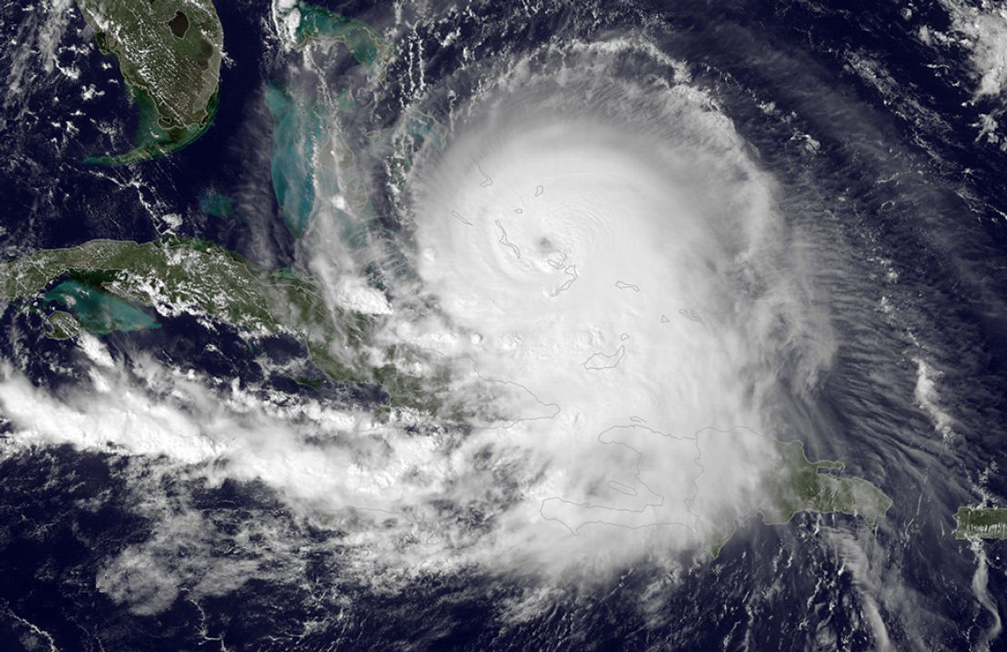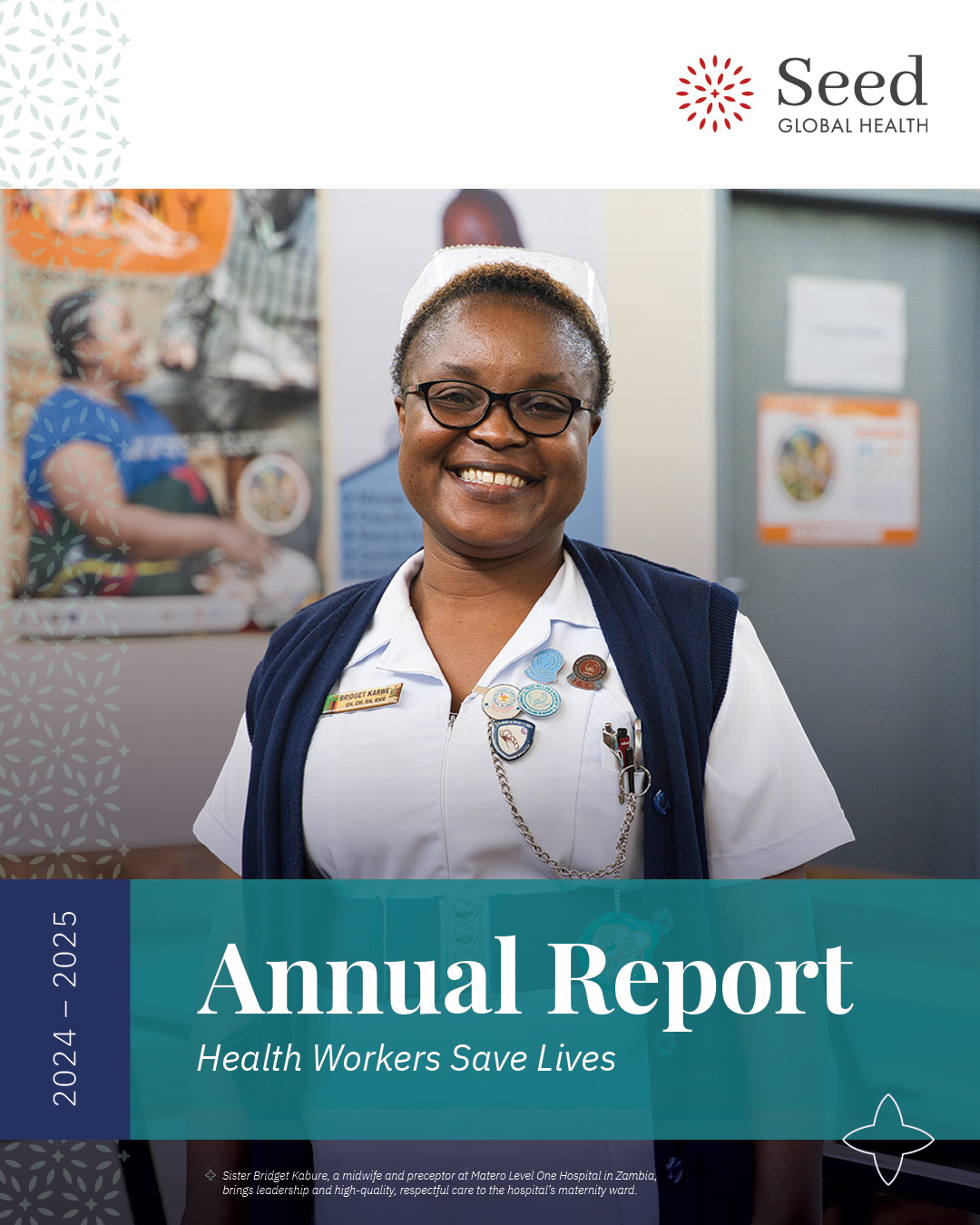
Malawi Tropical Storm Response: An Open Letter to Our Community
Dear Seed Community,
On January 24, 2022, Tropical Storm Ana made landfall in Malawi killing 46 people, displacing hundreds of thousands more, and affecting nearly a million people across the Southern region. The country has had little time to recover as the devastation continues with strong winds, heavy rains, and floods now severely impacting the Central region. Across both regions, thousands of people have been left without access to food, water, sanitation, shelter, and health services. Over 900,000 people are at a higher risk of poor health, malnutrition, and disruptions to their livelihood.
Tropical Storm Ana is the third major storm to hit Malawi in a span of seven years. The frequency of such extreme weather events in Malawi and around the world underscore the present danger that climate change poses to humanity. Already, vulnerable communities are harder hit as they are made more insecure socially, economically, environmentally, and in their health.
In the aftermath of such storms, there are risks of outbreaks and an increase in waterborne and vector-borne diseases. Additionally, people with chronic illnesses could have their treatment interrupted and anyone in need of urgent medical care might not have access to it due to disruptions in essential health services.
The collective wellbeing of communities across Malawi is at stake.
At Seed Global Health (Seed) our immediate priority is to support the Government of Malawi and the affected districts. We are working closely with our team and partners, who are thankfully all safe, to address the immediate needs of the communities particularly around access to safe water, sanitation, and hygiene—key ingredients in health—and to help protect essential care.
Tropical Storm Ana represents the growing health impact of climate change, which is estimated to cause 12.6 million deaths annually from air pollution, unsafe drinking water, zoonotic diseases, and weather-related disasters. Clinically, climate effects are linked to increases in pulmonary disease, cardiovascular disease, mental health burdens, and trauma.
Strong health systems, founded on a robust and well-trained workforce, are essential to climate resilience. However, even before Covid-19, there was already a global shortage of health workers. According to the World Health Organization, there will be a shortfall of more than 18 million health workers by 2030. The world’s insufficient number of trained health workers hobbles efforts to respond to stacked crises—like the impacts of Tropical Storm Ana—during the ongoing Covid-19 pandemic.
Seed’s long-term response in Malawi is to continue our work in supporting and strengthening the health workers that serve communities across the country. Since 2013, Seed has worked in collaboration with the government and our in-country partners to build the capacity of doctors, nurses, and midwives to enable consistent access to high-quality care.
Health workers are critical now—in the immediate aftermath of Tropical Storm Ana—and in the long-term, as Malawi continues to face ongoing impacts of climate change. We are committed to continuing to invest in them.
We remain in solidarity,
Sincerely,
Tiwonge Moyo, Country Director, Malawi & Dr. Vanessa Kerry, CEO
Photo Credit: The Africa CDC

